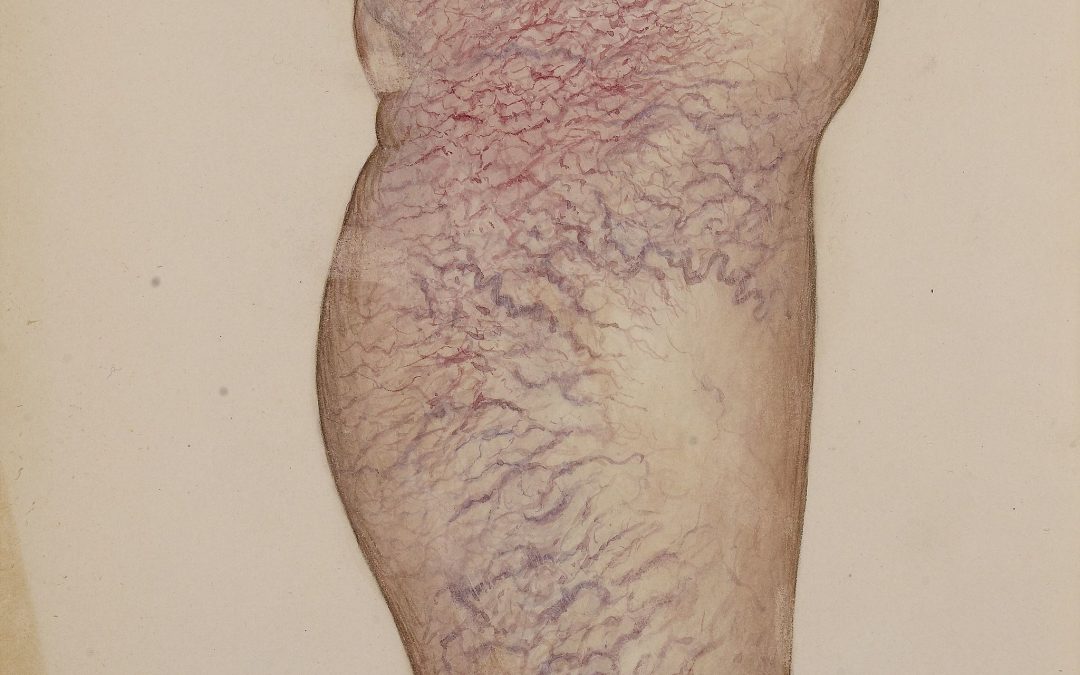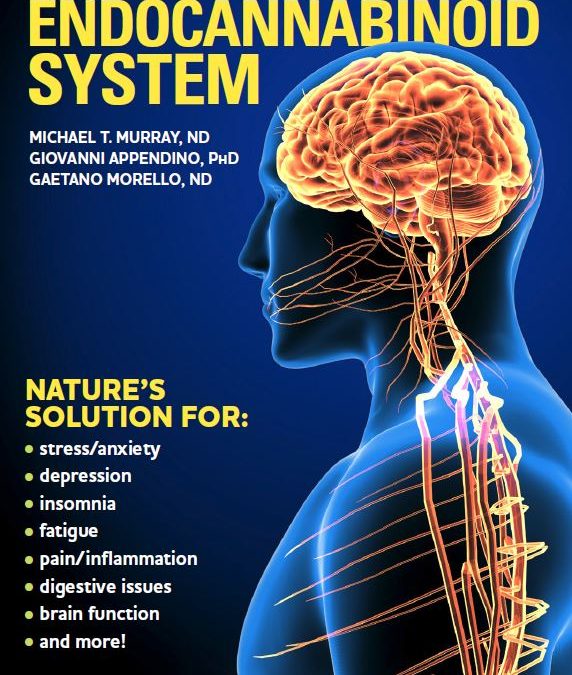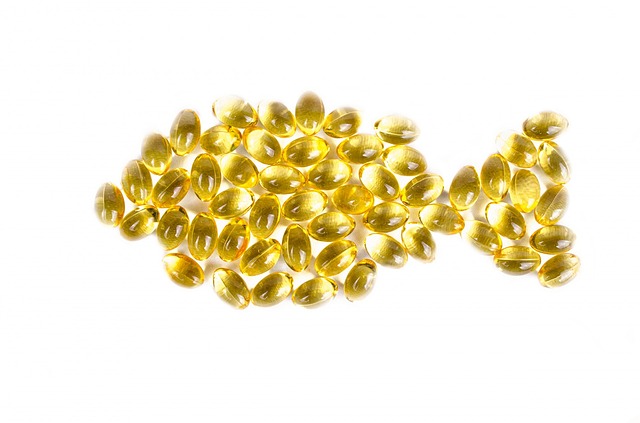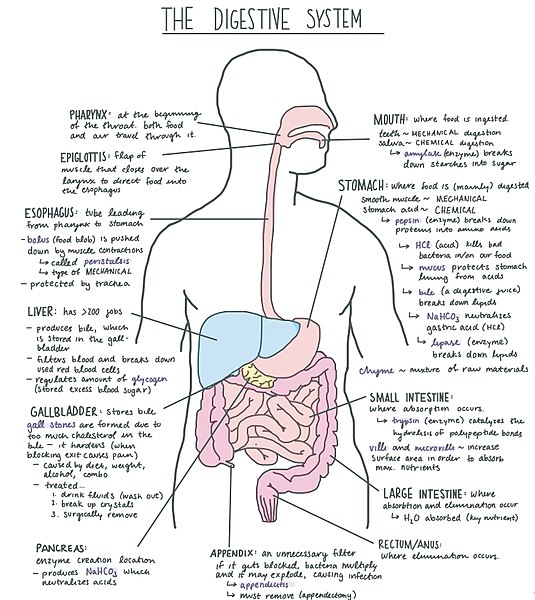
by Dr. Michael Murray | May 22, 2019 | Health Conditions, Most Recent, Natural Facts
Natural Support for Vein Health With summer almost here, I wanted to take the opportunity to highlight some natural treatments for varicose veins. Although they are primarily a “cosmetic” issue, vein health may represent the overall health of connective tissue and our...

by Dr. Michael Murray | May 21, 2019 | Health Conditions, Natural Facts

by Dr. Michael Murray | Apr 30, 2019 | Most Recent, Natural Facts, Sleep Disorder
In an “it’s about time” move, the US Food and Drug Administration (FDA) has mandated that drug companies put what is referred to as a “black boxed” warning on certain prescription sleeping pills. These drugs have long been reported to cause injury and death resulting...

by Dr. Michael Murray | Apr 16, 2019 | Health Conditions, Most Recent, Natural Facts
Quercetin Phytosome® to Enhance Exercise Recovery and Performance Quercetin serves as the backbone structure for many flavonoids – a group of plant pigments largely responsible for the colors of many fruits and flowers. Flavonoids are also responsible for the...

by Dr. Michael Murray | Apr 9, 2019 | Health Conditions, Most Recent, Natural Facts
Have you ever been extremely tired and then all of a sudden felt a burst of energy? More than likely, the sudden burst was due to the release of adrenaline and cortisol from your adrenal glands, a pair of glands that lie on top of each kidney. If you have...

by Dr. Michael Murray | Mar 27, 2019 | Digestion, Most Recent, Natural Facts
A Food is supposed to nourish and heal us, but sometimes food is the problem. In particular, many people suffer from food intolerances or allergies that can produce not only digestive issues like gas, bloating and loose stools, but also set the stage for more...









